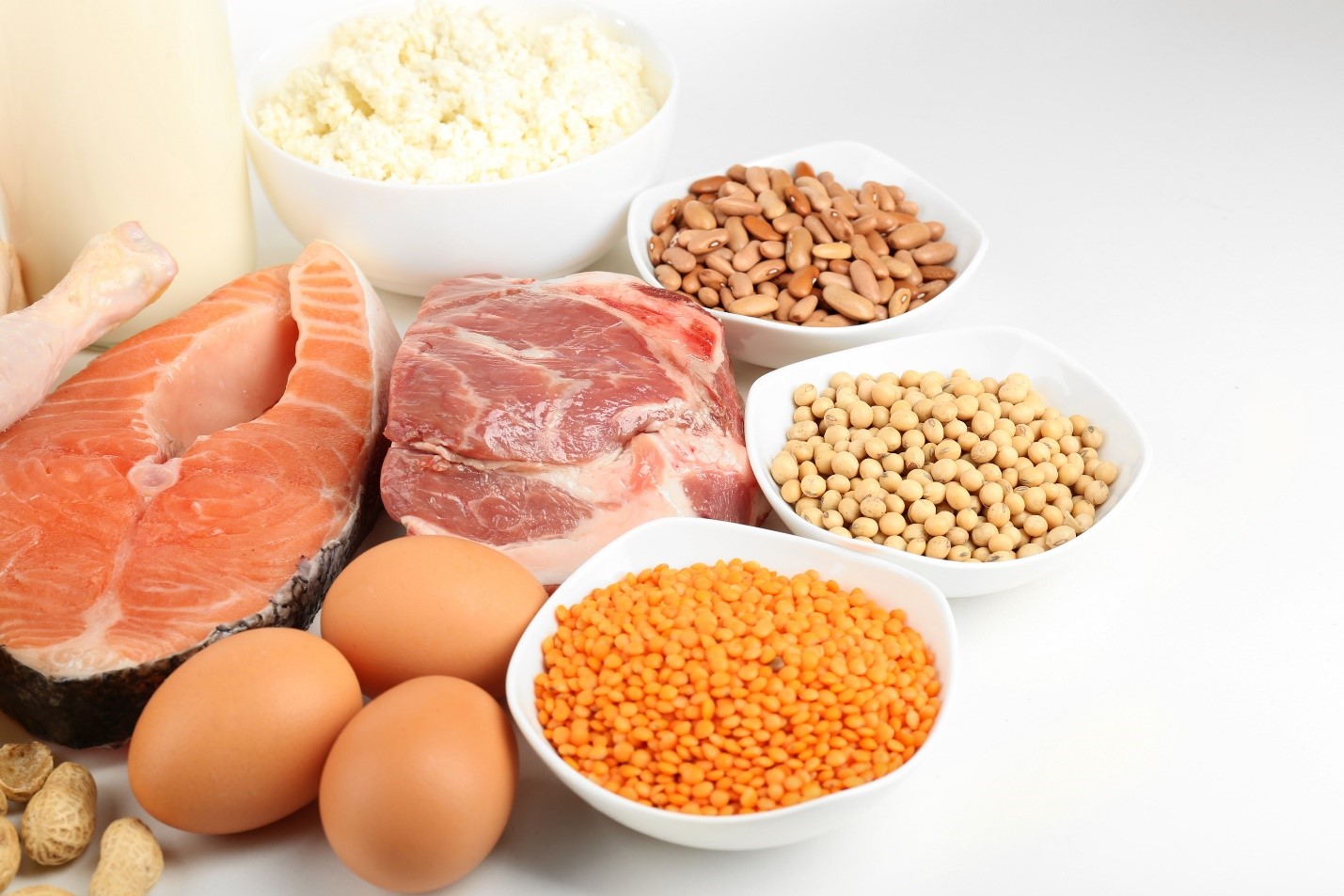Nutrition forms part of the wound healing puzzle. If a resident isn’t getting good nutrition, their wounds will not heal as quickly as they could be. With pressure injuries part of the National Quality Indicators, it is all the more important to do everything in your power to help prevent and heal them.
Even if a resident is eating all of their meals, this may not be enough to promote wound healing. This is because the body needs extra protein and energy from food and drink to heal wounds.
The resident needs to eat enough protein and energy or the body will use the fat and muscle stores to try and heal the wound causing weight loss and muscle loss.
Eat more protein-rich foods at each meal and snack
A resident’s body needs two to three times more protein than usual to maintain regular body functions plus grow new tissue.
Protein helps with collagen development which helps the wound to heal. If there is a lot of exudate being lost from the wound, this means protein is being lost, as wound exudate is high in protein.
Are you encouraging your residents with wounds to have at least one of the following at every meal and snack?
- Meat, chicken, fish, eggs, chickpeas, lentils, baked beans, peanut butter
- Dairy foods, like milk, cheese, yoghurt, ice cream, custard
Eat enough high-energy foods
If the resident is losing weight, they are not eating enough energy. Energy is used to form collagen, which helps close up a wound.
Are you encouraging your residents with wounds to have at least one of the following at every meal and snack?
- Full cream milk, yoghurt, custard, cheese, ice cream
- Desserts, cakes, muffins, baked cookies
- Margarine, butter, oils, creamy sauces, avocado, peanut butter
- Juice, soft drink, cordial
Eat food from different food groups
Other important nutrients in wound healing include Vitamin A, Zinc, Vitamin C, Vitamin E.
Generally, if the resident is eating a variety of food from the 5 food groups, they would be getting these nutrients.
These are examples of food from the 5 food groups:
- Bread, cereal, pasta, noodles, rice
- Dairy foods, like milk, cheese, yoghurt, ice cream, custard
- Meat, chicken, fish, eggs, chickpeas, lentils, baked beans
- Fruit and vegetables
Drink enough fluids
Fluids makes skin less fragile and also promotes blood flow to the wound. Blood flow is needed to bring oxygen and nutrients to the wound so it can repair itself.
Are your residents being offered at least 8* cups of fluids each day? Are the drinks being placed close enough to them so they can reach it easily? Are they being assisted to drink if they aren’t strong enough to lift the cup to their lips?
*If you have a fluid restriction from the doctor, drink enough to meet the fluid restriction amount.
If you need further support, speak with your Plena Healthcare dietitian or contact us on 1300 722 712
References:
- Evidence based practice guidelines for the dietetic management of adults with pressure injuries, Trans Tasman Dietetic Wound Care Group.



